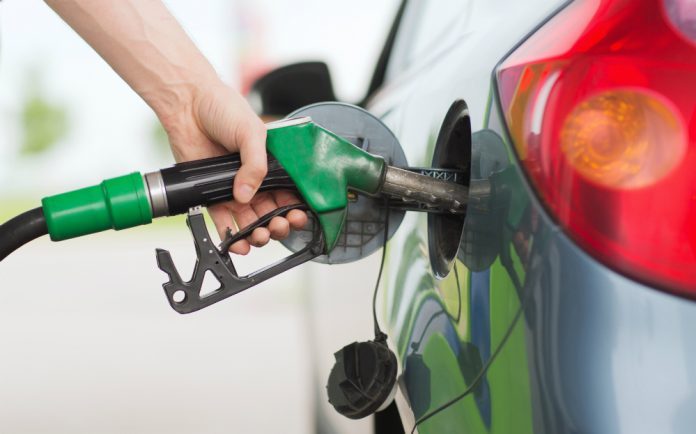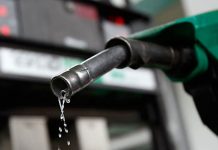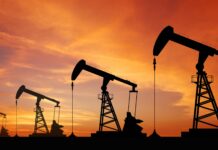
ISLAMABAD: The government has finally imposed several restrictions on metal contents level (manganese and iron) in the prevailing descriptions of 90/92/95/97 RON petrol (domestically produced and imported).
Oil and Gas Regulatory Authority (Ogra), Hydrocarbon Institute of Pakistan, Oil Companies Advisory Council (OCAC) were apprised on Thursday by the Ministry of Energy (Petroleum Division) about the mental content (manganese) in 90, 92,95/97 RON domestic/imported petrol was to be set at 40mg (max) per litre immediately till October 30th, 2018, reported Dawn.
The petroleum division further instructed the limit for manganese content in petrol to be set at 24mg per litre (maximum) from November 1st this year to April 30th, 2019.
Ultimately with stakeholder agreement, manganese would be totally phased out from petrol after May 1st, 2019.
And the use of iron in any form whatsoever is banned linked to iron-base octane enhancing additives, for example, Ferrocene etc.
In April, the government had been requested by Oil and Gas Regulatory Authority (OGRA) to expedite the move to finalizing standards and specifications of petroleum products, as complaints rose from Japanese and Pakistan automobile manufacturers over local fuel’s quality.
According to an Ogra official, the energy ministry’s petroleum division was directed to finalize standards and specifications of petroleum products and notify them.
The official shared Japan Automobile Manufacturers Association (JAMA) and Pakistan Automotive Manufacturers Association shared major concerns over the high manganese level content in fuel being sold across the country, which could contribute to health issues and engine problems.
Honda Atlas Cars (Pakistan) Ltd, filed the complaint, saying the additive appeared to be damaging engines in its vehicles.
Manganese can be added to fuel to make it appear to be of a higher quality, but it can reduce fuel economy and potentially harm public health due to emissions.
Honda’s complaint stated Pakistani suppliers used the additive to elevate the Research Octane Number (RON) used to grade petroleum and lower quality fuel up to the RON 92 grade required by regulatory standards.
Acting on Honda’s complaint, Ogra said it would investigate a complaint that fuel suppliers including local units of Shell and Total as well as Pakistan State Oil (PSO) had added manganese to their gasoline.
A team of Jama paid a visit to Pakistan in March and informed that Japan had serious reservations over the gasoline being utilized in Pakistan which was said to contain manganese content whose average was 52.6 ppm (parts per million). The highest figure is around 86 ppm.
The Jama team highlighted according to United Nations Economic Commission for Europe (UNECE) standards no metal was allowed to be used.
The Japanese delegation recommended permitting 18 ppm of metal to begin with in order to help the oil industry in reducing the present level, which would eventually be concluded by removing the metal completely.
Jama stated car parts were being destroyed by the high amount of manganese content in petrol, which was jamming the parts and contributing to partial combustion.
These metal deposits and choking asphyxiate were impacting the cars and tailpipe emissions were virulent and a big health danger which could contribute to various systematic, neurological and bronchial diseases.






